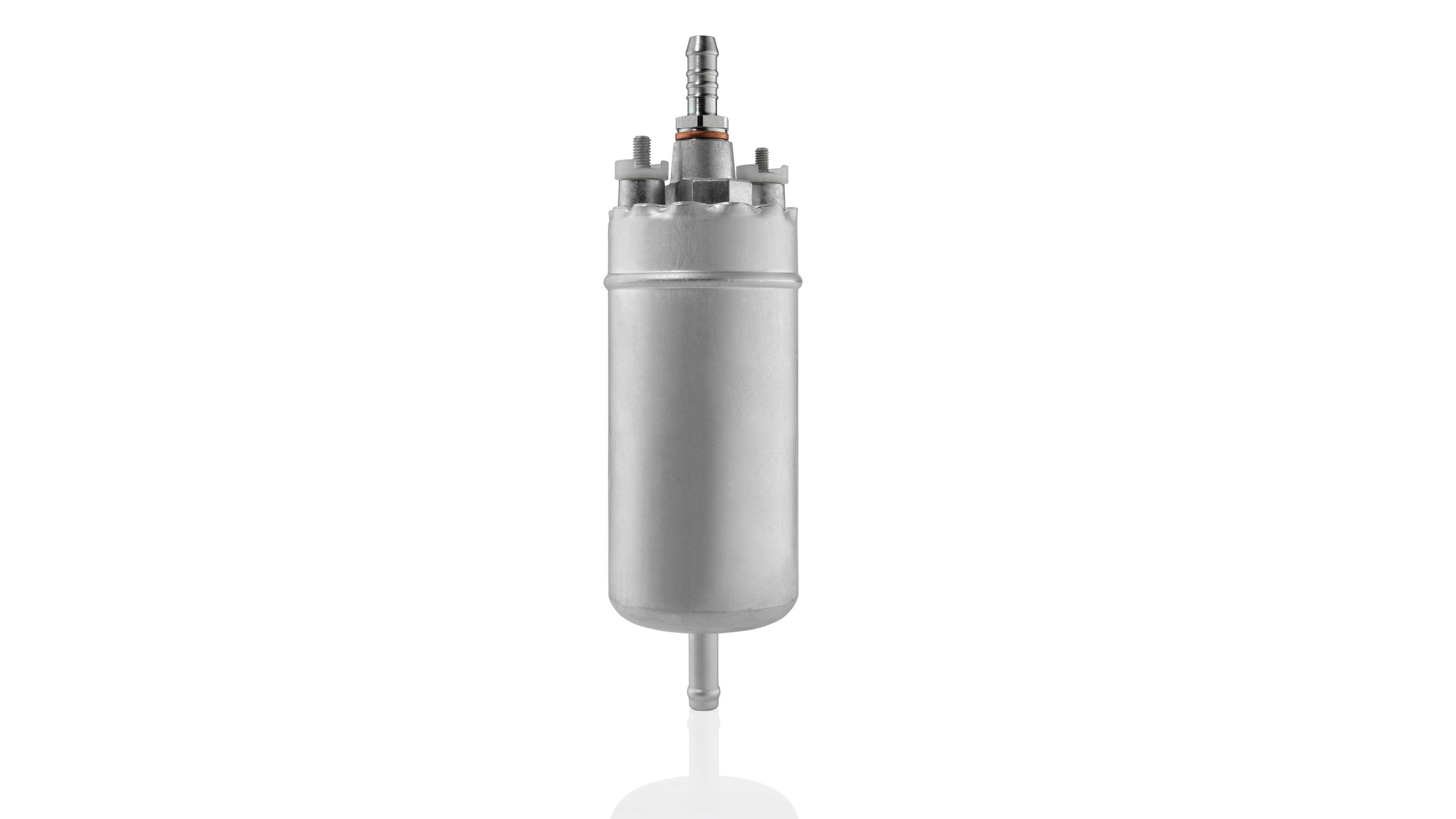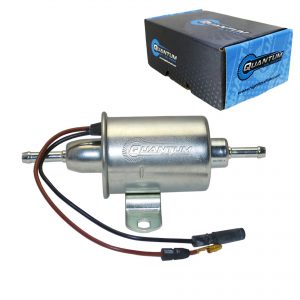In the realm of automotive engineering, the operation of mechanical fuel pumps on direct injection fuel systems plays a crucial role in ensuring efficient and reliable engine performance. Understanding the intricate workings of these fuel pumps is essential for both automotive enthusiasts and professionals alike. In this blog post, we will delve into the depths of mechanical fuel pumps, exploring their operation, advantages, and challenges, while providing valuable insights for optimizing their performance.
- The Basics of Direct Injection Fuel Systems:
Before delving into the operation of mechanical fuel pumps, it is important to grasp the fundamentals of direct injection fuel systems. Unlike traditional fuel systems, direct injection systems deliver fuel directly into the combustion chamber, resulting in improved fuel efficiency, power output, and reduced emissions. This innovative approach necessitates the use of specialized fuel pumps, such as mechanical fuel pumps. - The Role of Mechanical Fuel Pumps:
Mechanical fuel pumps serve as the heart of direct injection fuel systems, supplying pressurized fuel to the injectors. These pumps are typically driven by the engine's camshaft, utilizing a mechanical linkage to generate the necessary pressure. Unlike electric fuel pumps, mechanical pumps do not rely on electrical power, making them more robust and reliable in demanding operating conditions. - Operating Principles of Mechanical Fuel Pumps:
Mechanical fuel pumps operate based on a series of precise mechanical actions. As the engine's camshaft rotates, it actuates a lever arm connected to the fuel pump diaphragm. This lever arm creates a reciprocating motion, causing the diaphragm to move up and down. During the downward stroke, the diaphragm creates a vacuum, drawing fuel from the tank through an inlet valve. On the upward stroke, the diaphragm pressurizes the fuel, forcing it through an outlet valve and into the fuel rail. - Advantages of Mechanical Fuel Pumps:
Mechanical fuel pumps offer several advantages over their electric counterparts. Firstly, they are less prone to electrical failures, ensuring consistent fuel delivery. Secondly, mechanical pumps can generate higher pressures, allowing for better atomization of fuel and improved combustion efficiency. Additionally, mechanical pumps are often more cost-effective and easier to maintain compared to complex electric fuel pump systems. - Challenges and Considerations:
While mechanical fuel pumps possess numerous benefits, they also present certain challenges. One key consideration is the potential for fuel vapor lock, especially in high-temperature environments. Proper insulation and heat management strategies are crucial to mitigate this issue. Additionally, mechanical pumps require regular maintenance, including diaphragm inspection and replacement, to ensure optimal performance and prevent fuel system malfunctions.
Conclusion:
Mechanical fuel pumps play a vital role in the operation of direct injection fuel systems, providing the necessary fuel pressure for efficient combustion. Understanding their operation, advantages, and challenges is essential for optimizing engine performance and ensuring reliability. By delving into the inner workings of mechanical fuel pumps, we have shed light on this critical component of modern automotive engineering.




+ There are no comments
Add yours